Introduction
The phrase “MSHSAA football broadcast apology” has recently surfaced as a hot topic in the world of high school athletics. Broadcasting live sports, especially on a statewide stage, carries high expectations—not only for accuracy but also for professionalism, fairness, and respect. When an apology becomes necessary, it’s not just about a simple mistake. It touches on credibility, trust, and the relationship between sports organizations, student-athletes, and their communities.
In this article, we’ll unpack the events leading up to the MSHSAA football broadcast apology, explore why it has sparked conversations statewide, analyze the community’s response, and consider what lessons can be learned for future broadcasts.
The Role of MSHSAA in High School Sports
What Is MSHSAA?
The Missouri State High School Activities Association (MSHSAA) is the governing body responsible for overseeing high school sports and extracurricular activities across the state. From football and basketball to music and debate competitions, MSHSAA ensures that students have fair, structured, and meaningful opportunities to showcase their talents.
Broadcasting in High School Athletics
In the digital era, high school sports are no longer confined to local stadiums or gymnasiums. Through live streaming and television deals, games reach thousands of fans across Missouri and beyond. Broadcasts help parents, alumni, and community members stay connected, while also giving athletes a chance to be recognized on a bigger stage.
Because of this expanded reach, the quality and professionalism of these broadcasts matter greatly. Mistakes aren’t just local—they can quickly go viral, making apologies necessary when expectations aren’t met.
The Incident Behind the MSHSAA Football Broadcast Apology
What Triggered the Apology?
While every broadcast comes with challenges—technical glitches, commentary slip-ups, or scheduling mishaps—the MSHSAA football broadcast apology was sparked by a combination of these issues. Reports indicate that the incident may have involved commentary perceived as unprofessional, errors in reporting scores, and technical interruptions that frustrated viewers.
Why the Fallout Was Significant
High school football holds a special place in Missouri communities. Families, alumni, and local fans invest emotionally in every play, every call, and every broadcast. When mistakes happen, especially during playoff season or championship games, they can feel personal.
The apology wasn’t just about fixing an error—it was about repairing trust with fans and reaffirming MSHSAA’s commitment to student-athletes.
Public Reaction to the MSHSAA Football Broadcast Apology
Parents and Families
Parents expressed frustration online, especially if they couldn’t attend games in person and were relying on the broadcast. For many, this was their only chance to see their children compete, so issues hit close to home.
Student-Athletes
Athletes want their hard work recognized fairly. Some felt the mistakes overshadowed the game itself, while others appreciated that MSHSAA took accountability through a public apology.
Community and Media Response
Local media outlets picked up on the incident, amplifying the story. Social media commentary ranged from humorous memes to serious critiques, underscoring how quickly a broadcast issue can spiral into a larger public relations challenge.
The Importance of an Apology in Sports Broadcasting
Acknowledgment of Responsibility
By issuing the MSHSAA football broadcast apology, the organization showed accountability. In the sports world, where emotions run high, a simple acknowledgment of mistakes can prevent larger conflicts.
Restoring Credibility
Credibility is everything in broadcasting. Once fans doubt the reliability of a stream or the professionalism of its announcers, future broadcasts suffer. A prompt and sincere apology works as damage control, reassuring audiences that improvements will follow.
Maintaining Relationships
At its core, high school sports are about community. The apology signaled to parents, athletes, and schools that MSHSAA values those relationships and isn’t ignoring concerns.
Lessons Learned from the MSHSAA Football Broadcast Apology
1. Invest in Reliable Technology
Technical errors remain one of the biggest risks in sports broadcasting. High-quality equipment, backup systems, and strong internet connections can prevent disruptions.
2. Train Broadcasters Properly
Commentary should reflect respect for student-athletes and maintain professionalism. Announcers are not just narrators; they are ambassadors for the sport.
3. Embrace Transparency
Mistakes are inevitable, but transparency in acknowledging them builds trust. The MSHSAA football broadcast apology is a case study in how transparency can help mend fences.
4. Prioritize the Student-Athlete Experience
Every decision—from scheduling games to broadcasting them—should focus on the student-athlete. Their performances deserve accurate, fair, and respectful coverage.
Comparisons to Other Broadcasting Apologies
MSHSAA isn’t the first organization to issue a broadcast apology. From professional leagues to college sports networks, apologies have been issued for:
-
Mispronouncing athletes’ names.
-
Making inappropriate or insensitive remarks.
-
Failing to deliver promised coverage due to technical issues.
What sets the MSHSAA football broadcast apology apart is its direct impact on student-athletes, many of whom are experiencing their first exposure to a statewide platform.
How MSHSAA Plans to Move Forward
Implementing Safeguards
Following the apology, MSHSAA announced plans to review its broadcasting practices. Safeguards may include more rigorous training, additional oversight, and improved contracts with third-party streaming providers.
Listening to Feedback
Feedback loops are vital. By paying attention to parents, athletes, and schools, MSHSAA can make targeted improvements.
Rebuilding Trust
Trust doesn’t return overnight. Consistent professionalism in future broadcasts will serve as the ultimate apology to viewers.
Why This Matters Beyond Missouri
The MSHSAA football broadcast apology is more than a Missouri story. It highlights larger issues in sports broadcasting:
-
The rising importance of digital streaming for local sports.
-
The need for accountability when things go wrong.
-
The value of student-athlete representation on a fair and professional stage.
Other state associations and even collegiate programs can learn from this situation, making improvements before similar problems arise.
Conclusion
The MSHSAA football broadcast apology wasn’t just about a single game or a single mistake. It was about accountability, professionalism, and respect for the student-athletes who pour their hearts into the sport. Broadcasting is more than a technical process—it’s a storytelling platform that carries real responsibility.
By addressing the issue head-on, MSHSAA has an opportunity to strengthen its reputation and set a standard for how sports organizations should respond when things go wrong. At the end of the day, high school football is about more than wins and losses—it’s about community, pride, and the lifelong memories built under the Friday night lights.

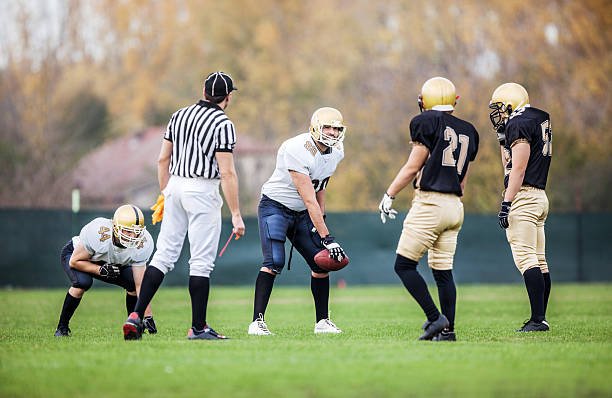
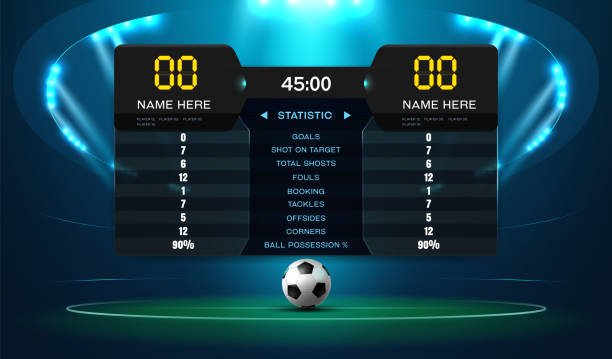
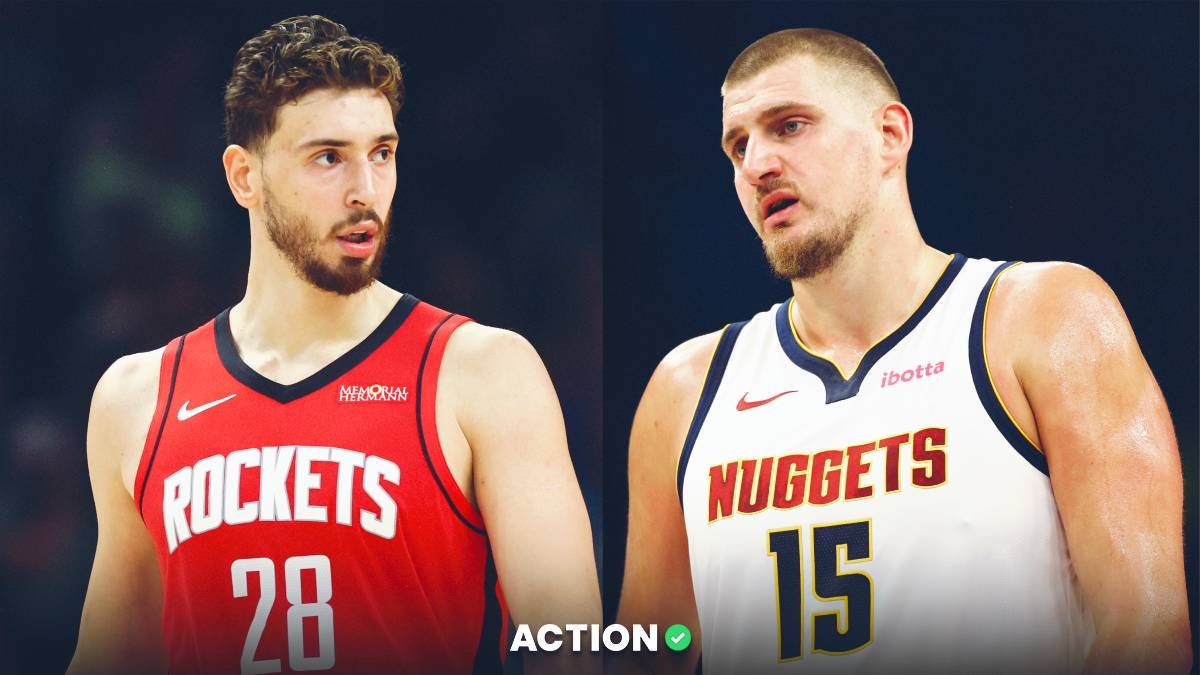
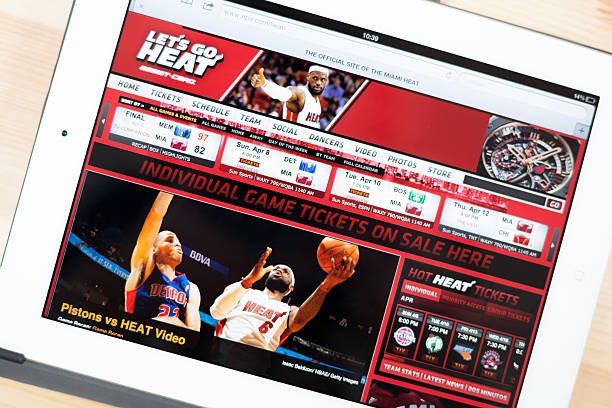

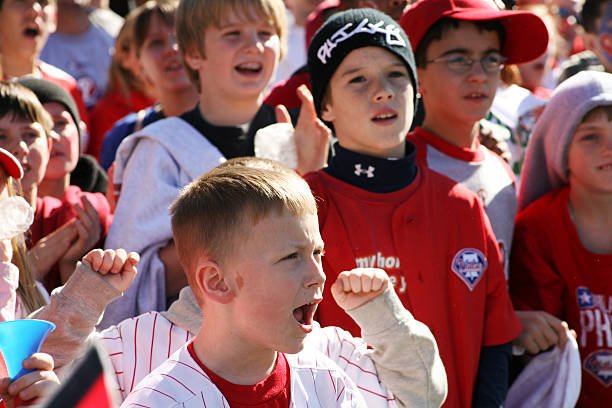




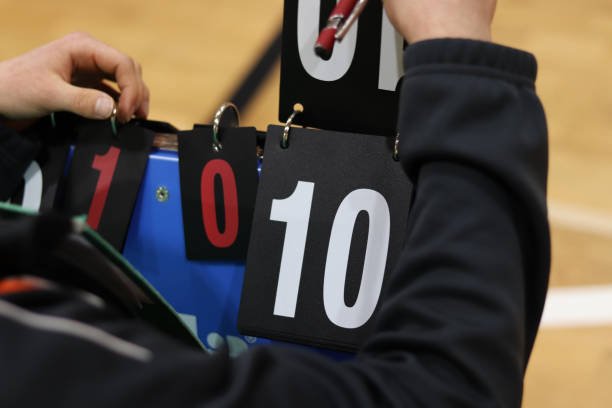

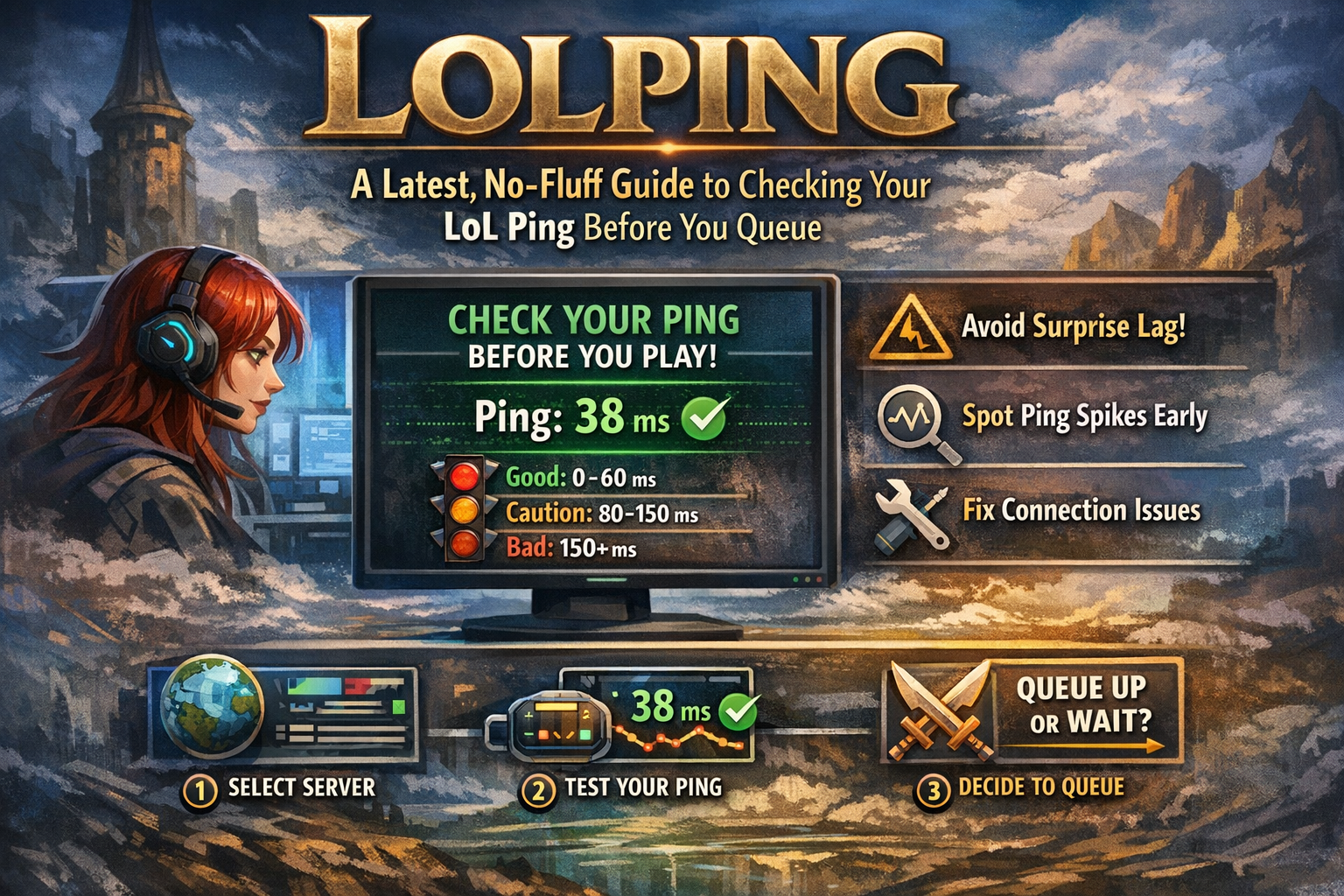


Leave a Reply